Despite spending the past 18 months variously defending his wife, his brother, his party, his attorney general and his government against a relentless slew of corruption allegations, Spain’s socialist prime minister, Pedro Sánchez, has not entirely lost his sense of humour.
Three weeks ago, Alberto Núñez Feijóo, the leader of the opposition conservative People’s party (PP), rattled off the familiar litany of accusations and concluded by suggesting the man sitting opposite him in congress was neither “a decent or worthy prime minister” but rather a seasoned enabler of corruption. After the giddy applause that greeted Feijóo’s speech from the PP benches had died down, Sánchez rose to his feet and uttered two words.
“Ánimo, Alberto,” he said. “Chin up, Alberto.”
The prime minister’s retort would appear to have been carefully chosen to remind Feijóo’s party of its own problems.
Seven years ago, Sánchez became prime minister by using a vote of no confidence to topple the PP government of one of Feijóo’s predecessors, Mariano Rajoy. By then, the conservative party was so mired in scandals that Sánchez accused it of turning Spanish politics into a “corruption thriller”.
In a series of leaked text messages, Rajoy told his close ally, the former PP treasurer Luis Bárcenas, to “be strong” and to keep his chin up as the net closed around him – hence the “Ánimo, Alberto” dig.
In May 2018, Bárcenas was jailed for 33 years for fraud and money laundering, and the PP itself was found to have profited from an illegal kickbacks-for-contracts scheme. A week later, the PP was out of government and Sánchez was Spain’s new prime minister.
Given what happened to Rajoy and his government, some may see Sánchez’s taunt as tempting fate. But the prime minister has insisted he has worked to tackle corruption and is adamant the cases against his family are politically motivated vendettas waged by his right and far-right opponents and their media supporters.
More controversially, he has also cast doubts on the independence of some members of the Spanish judiciary, claiming in an interview at the beginning of September “there’s no doubt that there are judges doing politics and there are politicians trying to do justice”.

That accusation was put to the test on Monday, when Spain’s attorney general, Álvaro García Ortiz, appeared at the supreme court to face trial for allegedly disclosing confidential information.
García Ortiz – who told the court he was not guilty of the charges he faces – is accused of leaking details of a case concerning Alberto González Amador, a businessman under investigation for alleged tax fraud, to a media outlet. González Amador is the boyfriend of the populist PP regional president of Madrid, Isabel Díaz Ayuso, who is one of Sánchez’s loudest and most unrestrained critics.
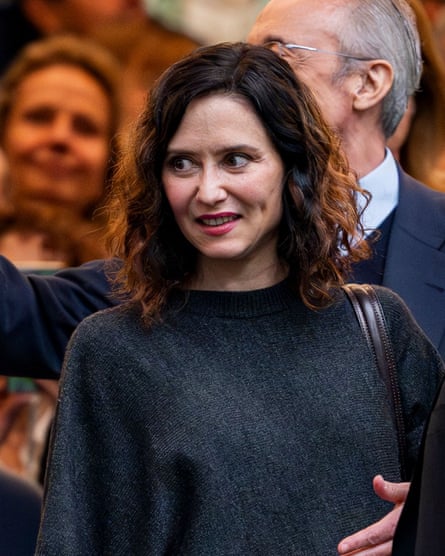
The two-week trial will hear from 40 witnesses, including prosecutors, press officers, journalists, police officers, politicians, lawyers and Amador himself.
Although the landmark proceedings are the first time that a serving Spanish attorney general has gone on trial, by far the most headline-grabbing allegations around Sánchez’s rule have been those surrounding his wife.
At the end of April last year, the prime minister stunned Spain by announcing that he was calling a temporary halt to his public duties and considering his political future after a court launched an investigation into Begoña Gómez for alleged influence-peddling and corruption.
The investigation was triggered by a complaint from Manos Limpias (Clean Hands), a self-styled trade union with far-right links that has a long history of using the courts to pursue those it deems to pose a threat to Spain’s democratic interests.
Gómez has been accused of using her influence as the wife of the prime minister to secure sponsors for a university master’s degree course she ran and of using state funds to pay her assistant for help with personal matters.
Sánchez’s younger brother, David, is also under investigation over allegations of influence-peddling. According to another complaint from Manos Limpias, David Sánchez was handed a bespoke job by the socialist-led council of the south-western city of Badajoz in July 2017, when his brother was the national leader of the Spanish Socialist Workers’ party (PSOE).
Gómez and David Sánchez have denied any wrongdoing. The prime minister – who has said his family has been the victim of a “harassment and bullying operation” – has insisted that neither has committed any offence.
“The truth will come out in the end,” he said in September. “My brother and my wife are innocent.”
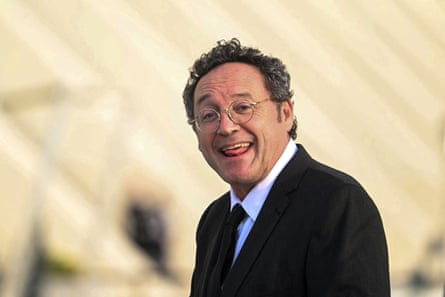
There are, however, additional judicial fronts. In June, Sánchez ordered Santos Cerdán, the PSOE’s organisational secretary and his righthand man, to resign after a supreme court judge found “firm evidence” of his possible involvement in taking kickbacks on public construction contracts. His case is tied to those of two other men, the former transport minister José Luis Ábalos – who was Cerdán’s predecessor as the PSOE’s organisational secretary – and Ábalos’s former aide Koldo García.
Ábalos was sacked from Sánchez’s cabinet in 2021 and suspended by the PSOE in February last year after refusing to resign when García was accused of taking bribes to facilitate mask contracts during the Covid crisis. Both men have denied any wrongdoing.
The Cerdán investigation came as a body blow to Sánchez, who looked uncharacteristically shaken during a hastily convened press conference in which he apologised to Spanish voters and PSOE supporters – but ruled out a snap general election.
“We acted firmly and now it will be up to the judicial authorities to establish Mr Cerdán’s responsibility,” he said at the time.
The prime minister was on more pugnacious form when called to testify before the senate last Thursday over the so-called “Koldo case”. After dismissing the committee probing the matter as a “circus” and a “committee of defamation”, Sánchez insisted the PSOE’s finances were “absolutely clean”, adding that there was no “systemic corruption” in his government – unlike in its PP predecessors.
If the prime minister’s opponents are used to the bluntness and excesses of much of Spain’s political discourse, many of the country’s judges have not been amused by the aspersions he has cast on their impartiality.
Alejandro González Mariscal de Gante, a spokesperson for the largest professional judges’ group, the conservative Asociación Profesional de la Magistratura, rejected the notion that Spanish justice had succumbed to “lawfare”, saying its judges were independent professionals who all too often found themselves dragged into party politics.
“If we do investigate, we’re bad and we play politics,” he said. “But if we don’t investigate, and we shelve cases or acquit, we’re good … But we’re not governed by political criteria. We investigate independently and we judge independently – and it’s a good thing we carry on working despite all the political questions and despite who’s in government. That’s the way it should be.”
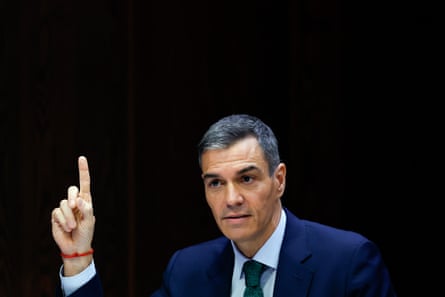
Others have been more circumspect. The day after Sánchez accused a minority of judges of playing politics, the progressive Judges for Democracy (JJpD) group said that, while such pronouncements perhaps ought not to come from the prime minister, there was no doubt that “some judicial proceedings” were being used to clearly partisan ends.
“For a while now, our association has been condemning the judicialisation of politics – and that’s why we urge courts to act as vigorously as possible in order to avoid it,” said JJpD spokesperson Edmundo Rodríguez.
In spite of the sprawling judicial entanglements that threaten to suffocate the legacy of one of Europe’s few remaining socialist leaders, Sánchez insists his focus remains on governing – even if that may be easier said than done. His minority coalition government will struggle to get legislation passed after the Catalan separatist party Junts, which helped Sánchez back into office in return for a controversial amnesty law, announced it would end its support for the government because it has failed to deliver on the deal struck two years ago.
Bleak though the outlook may be, the great survivor of Spanish politics may take comfort from a recent poll that suggested the PSOE could be bouncing back from its summer of scandal and pain. The survey, from Spain’s state Sociological Research Centre, put the socialists first with 34.8% – 15 percentage points ahead of the PP. Such a lead, not seen for six years, may fuel hopes in Sánchez’s circle that PSOE voters are rallying behind the party in the face of what they see as a series of politically driven court cases.
Much, however, will depend on what reaches court – and what comes out in court – over the coming weeks and months. In the meantime, Sánchez is, as usual, trying to battle on.
“Of course these corruption scandals were very difficult for us to accept, but the political project is broader,” he said at the beginning of September. “And I think the most important message that I’d like to explain to my citizens is that the direction of the country that we started seven years ago is the correct one, and it’s not an abstract one.”





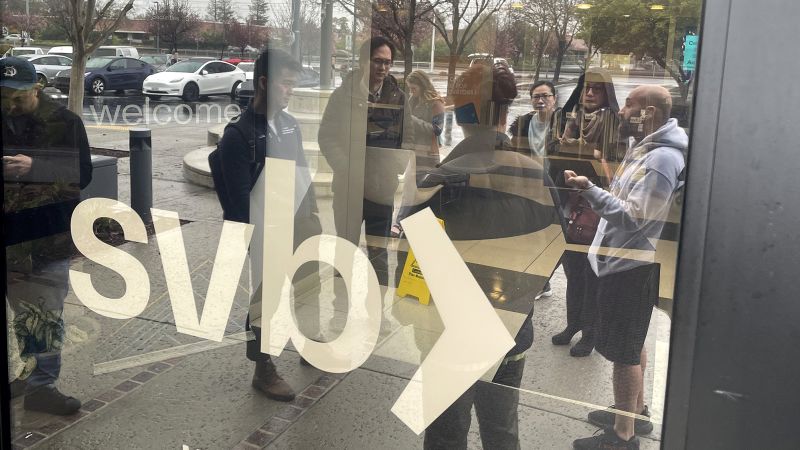

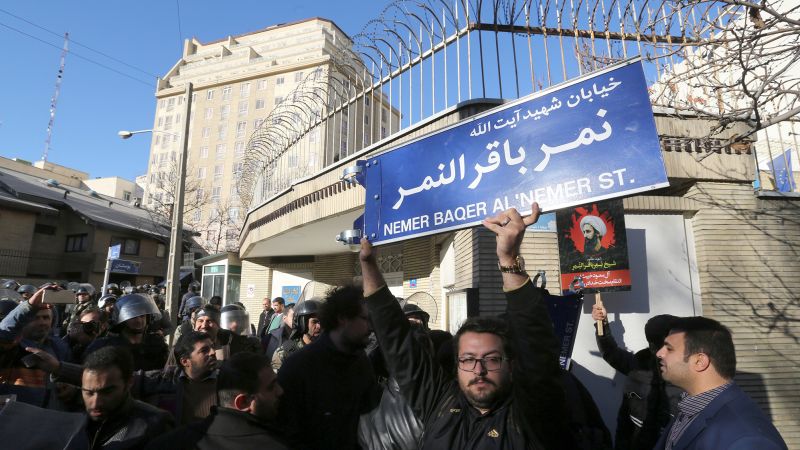
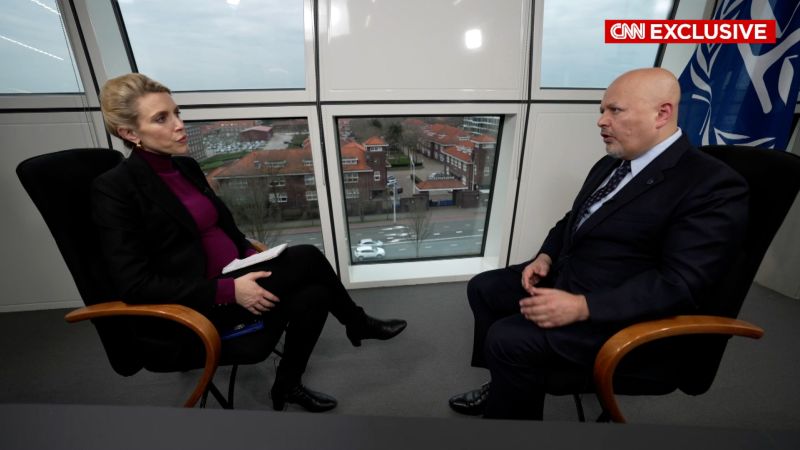
 English (US)
English (US)